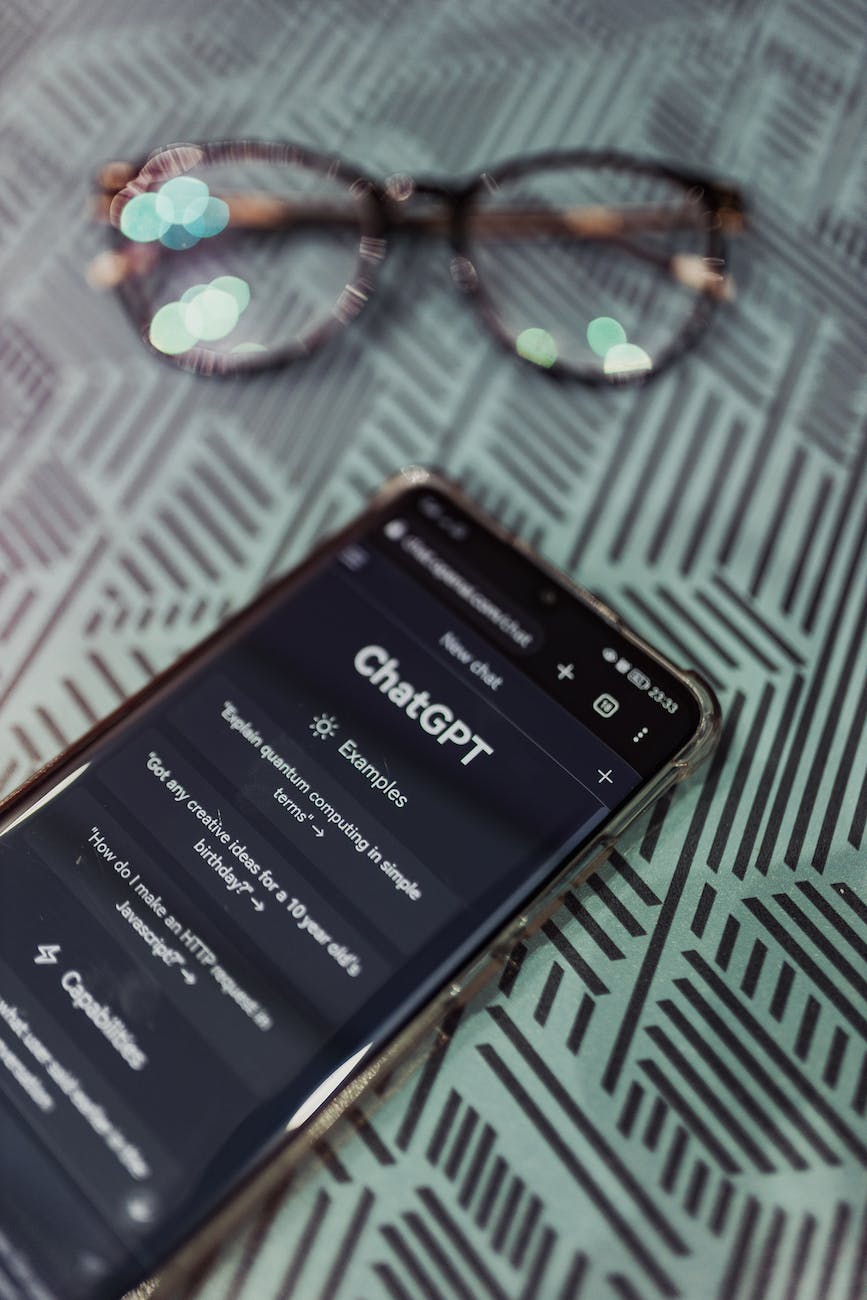
ChatGPT, a large language model chatbot developed by OpenAI, has been blocked in Italy over concerns about its privacy practices. The Italian data protection authority, the Garante per la Protezione dei Dati Personali (GPDP), said in a statement that ChatGPT had failed to comply with Italian data protection law, which requires companies to obtain consent from users before collecting or processing their personal data.
The GPDP also said that ChatGPT had not put in place adequate measures to protect the privacy of minors, and that it had failed to provide users with clear and comprehensive information about how their data would be used.
In a blog post, OpenAI said that it was “disappointed” by the GPDP’s decision, and that it was “committed to working with the GPDP to address their concerns.” OpenAI said that it had already taken steps to improve the privacy of ChatGPT, including providing users with more information about how their data would be used and giving them more control over their data.
The GPDP’s decision to block ChatGPT is the latest in a series of actions by European regulators to crack down on the use of artificial intelligence. In December 2022, the European Commission proposed new rules for artificial intelligence, which would require companies to obtain consent from users before using AI to process their personal data.
The GPDP’s decision is also likely to have implications for other large language models, such as Google’s LaMDA and Microsoft’s Turing. These models are also capable of collecting and processing large amounts of personal data, and they may be subject to similar scrutiny from European regulators.
What is ChatGPT?
ChatGPT is a large language model chatbot developed by OpenAI. It is a powerful tool that can generate text, translate languages, write different kinds of creative content, and answer your questions in an informative way. However, it is also a tool that can be used to collect and process personal data.
What are the privacy concerns about ChatGPT?
The main privacy concern about ChatGPT is that it can collect and process large amounts of personal data without users’ consent. This data can be used to track users’ online activity, build profiles of users, and target them with advertising.
Another concern is that ChatGPT can be used to generate fake content, such as news articles or social media posts. This fake content can be used to spread misinformation or propaganda.
What are the implications of the GPDP’s decision?
The GPDP’s decision to block ChatGPT is a sign that European regulators are taking the privacy concerns about large language models seriously. It is likely that other European regulators will follow the GPDP’s lead and take action against other large language models.
The GPDP’s decision is also a reminder that users should be careful about the personal data they share with online services. Users should always read the privacy policies of online services before providing them with personal data.
What can you do to protect your privacy?
There are a number of things you can do to protect your privacy when using ChatGPT or other large language models:
- Read the privacy policies of online services before providing them with personal data.
- Be careful about the personal data you share with online services.
- Use strong passwords and two-factor authentication to protect your accounts.
- Keep your software up to date.
- Be aware of the risks of fake content and be careful about what you share online.
thumb_upthumb_downrefreshGoogle itmore_vert

